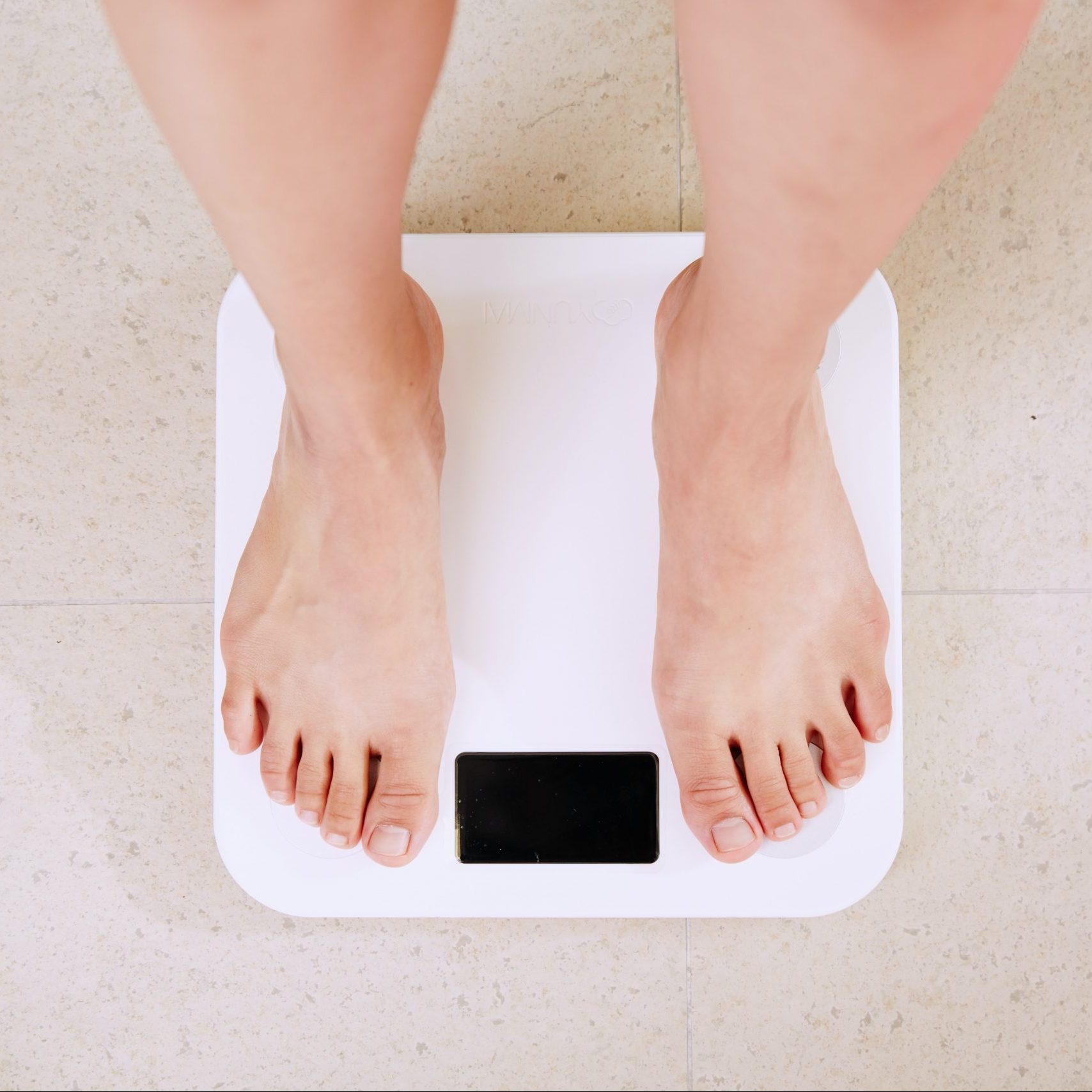
Addiction – quit smoking in 90 minutes
By Paula Bendon – Clinical Hypnotherapist and Counselling Therapist
Are you one of the many people that have fallen into the ‘nicotine trap’?
Many people who smoke want to give up, only they don’t know how or have failed using just willpower or perhaps other techniques. Hypnotherapy is a very simple, safe and cost-effective way to help a person quit smoking.
The addictive and harmful substances in cigarettes can fool your unconscious mind (maybe for years), causing you to believe that you “must have that cigarette”. It happens time and time again. Cigarettes are constantly winning over your mind that wants you to say no. You feel despair, fighting the need to give up and the need to smoke. You are going around in circles, getting criticism from friends, family and maybe the worse critic, yourself.
Using hypnosis with a qualified hypnotherapist, you can work to break the nicotine trap and be smoke free for good. This may take a number of sessions, other see change in just one 90-minute session.
Hypnotherapy can reverse bad habits by communicating to your unconscious mind. It works to allow you to quickly and easily, while in trance, change your smoking habit. You will learn to live life with more energy, ease, more money and less guilt. You may even be able to deal with life stresses easier and relieve any social anxiety that may of been linked to your smoking habit. Please note, while in hypnosis you are not asleep. You are in a deep, relaxed state and are in control at all times.
Photo by Mathew MacQuarrie on Unsplash




